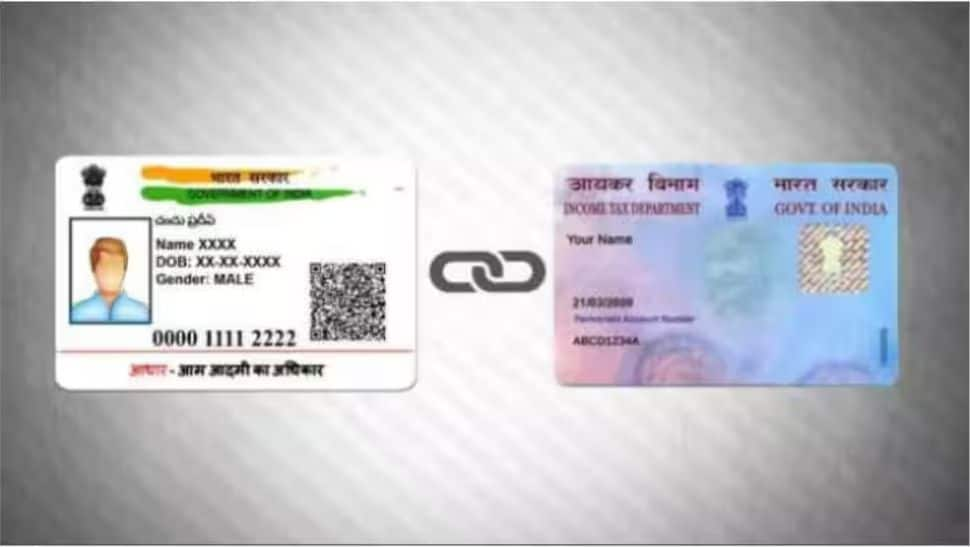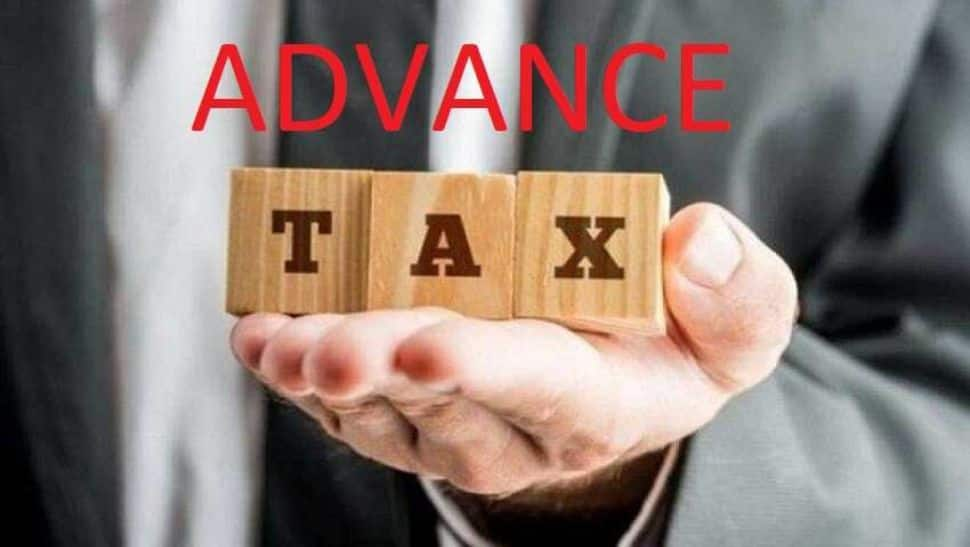Important Money Deadlines In March 2023: Finish THESE Works In The Ongoing Month Or Ready To...
Financial Deadlines in March 2023
)
There are a number of financial deadlines that will expire in March 2023 that you need to be aware of. If you don't meet them, you'll have to pay a fine or deal with other repercussions. The following financial responsibilities must be completed by March 31, 2023.
PAN-Aadhar Card Link

By March 31, 2023, the Permanent Account Number, or PAN, must be linked to the Aadhaar number per the Income Tax Department's mandate. Every person who was assigned a PAN as of July 1, 2017, and is qualified to receive an Aadhaar number, is expected to notify the designated authority of his Aadhaar within the specified time. Your PAN will stop working on April 1, 2023, if you don't link it to your Aadhaar before the deadline.
Advance Tax Payment

According to the IT department, the deadline to submit the fourth installment of the advance tax payment for the fiscal year 2022–2023 is March 15, 2023. Any individual who has an estimated tax due of Rs 10,000 or more after deducting Tax Deducted at Source (TDS) for the year is required to pay tax in advance in the form of advance tax, according to section 208 of the Income-tax Act, 1961.
Pradhan Mantri Vaya Vandana Yojna

The Pradhan Mantri Vaya Vandana Yojana (PMVVV) is an investment programme that provides senior individuals with regular income. Investments in this plan must be made by March 31, 2023, at the latest.
Tax Savings Investments

For the fiscal year 2022–2023, those who intend to choose the previous tax system must finish their tax-saving investments before March 31, 2023. In the previous tax system, taxpayers could deduct a variety of expenses related to their investments. One of the most well-known deductions is section 80, which enables a taxpayer to deduct up to Rs 1.5 lakh from their taxes for a variety of investments, including the premiums for life insurance plans, PPFs, and ELSSs, among others.
Trending Photos








